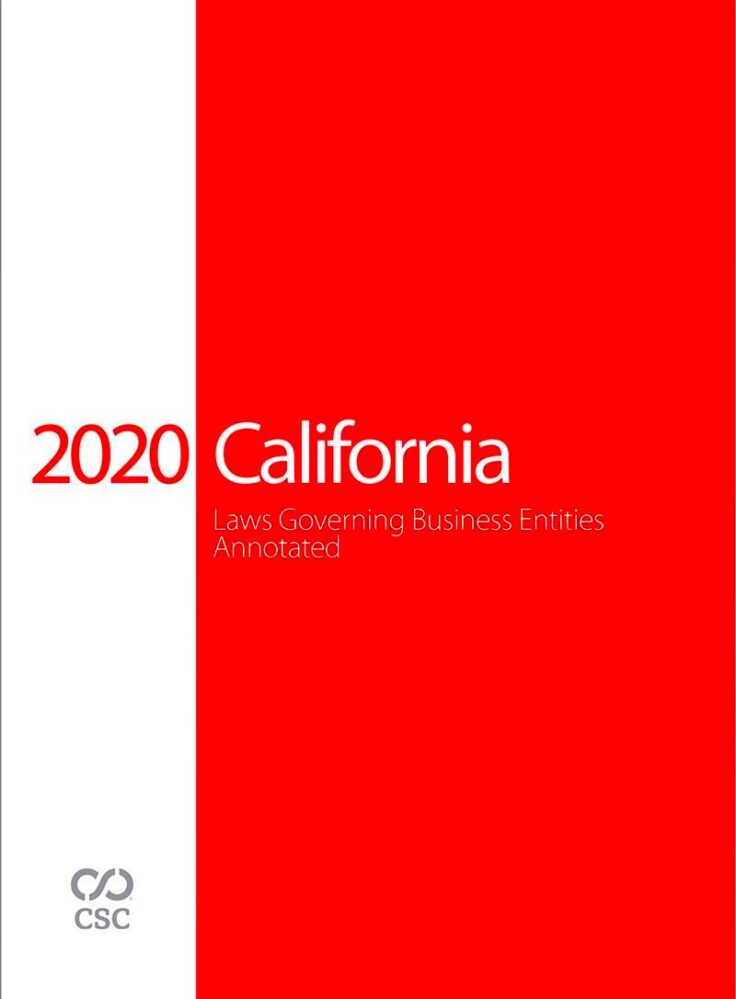Overview of California Business Regulations
California is known for its diverse economy and innovative spirit. However, running a business here comes with a unique set of regulations. Understanding these regulations is crucial for anyone looking to succeed in this vibrant state. From labor laws to environmental standards, California’s regulations aim to protect both consumers and the environment while fostering fair competition.
Importance of Understanding Business Regulations

Grasping the ins and outs of business regulations in California is not just about avoiding fines. Here’s why it matters:
- Legal Compliance: Knowing the rules helps you stay compliant, reducing the risk of legal troubles.
- Reputation Management: Businesses that follow regulations build trust with customers and stakeholders.
- Competitive Advantage: Understanding the landscape can help you navigate challenges more effectively than your competitors.
- Access to Resources: Familiarity with regulations can lead you to valuable resources and support programs offered by government agencies.
In essence, knowledge of regulations equips business owners with the tools they need to operate successfully and responsibly.
Key Regulatory Agencies in California
California has several regulatory agencies, each with its own area of focus. Here’s a brief overview of some key players:
| Agency | Focus Area |
|---|---|
| California Secretary of State | Business registrations and filings |
| California Department of Fair Employment and Housing (DFEH) | Employment discrimination laws |
| California Environmental Protection Agency (CalEPA) | Environmental regulations and standards |
| California Department of Industrial Relations (DIR) | Workplace safety and labor laws |
| California Franchise Tax Board (FTB) | Tax regulations and compliance |
Each agency plays a vital role in shaping the business landscape. Familiarizing yourself with these agencies can streamline your journey in compliance and help you access important resources.
Types of Business Regulations
California’s business regulations cover a wide array of areas, ensuring that businesses operate fairly and responsibly. Understanding these types of regulations is key for any entrepreneur. Here are the main categories:
- Labor Regulations: These laws govern minimum wage, overtime, working conditions, and employee rights. They ensure fair treatment in the workplace.
- Environmental Regulations: California places a high emphasis on protecting the environment. Businesses must comply with regulations related to waste disposal, emissions, and resource conservation.
- Health and Safety Regulations: These regulations are enforced to maintain safety standards in workplaces. They include guidelines on equipment usage and employee health.
- Tax Regulations: Businesses must adhere to state and federal tax laws, including sales tax, income tax, and employment tax obligations.
- Consumer Protection Laws: These laws protect consumers from unfair business practices. They cover advertising standards, product safety, and warranties.
By understanding these categories, business owners can better navigate the regulatory landscape and ensure they are compliant with the law.
Compliance Requirements for Businesses
Compliance in California involves adhering to a myriad of regulations. Here’s a breakdown of what businesses typically need to do:
- Register Your Business: Depending on your business structure (LLC, corporation, etc.), you’ll need to register with the California Secretary of State.
- Obtain Licenses and Permits: Many businesses require specific licenses to operate legally. Check with local agencies to determine what you need.
- Maintain Employment Records: California has strict rules about record-keeping. This includes payroll, hours worked, and employee benefits.
- File Taxes: Ensure you file state and federal taxes on time to avoid penalties. This includes income, sales, and payroll taxes.
- Follow Safety Regulations: Stay compliant with health and safety guidelines set by the California Department of Industrial Relations.
Staying on top of these requirements not only helps avoid fines but also fosters a culture of accountability and integrity within your business.
Common Challenges for Business Owners
Running a business in California comes with its own set of challenges, especially when navigating regulations. Here are some common hurdles business owners face:
- Complex Regulations: The sheer volume and complexity of regulations can be overwhelming, especially for new entrepreneurs. Keeping up-to-date is crucial but often difficult.
- High Compliance Costs: Compliance can be expensive, with costs related to licenses, permits, and legal advice. Small businesses may struggle to afford these expenses.
- Changing Laws: Regulations can change frequently, and staying informed requires constant vigilance. This can lead to unintentional non-compliance.
- Time Management: Managing compliance often takes time away from other essential business activities, such as marketing and customer service.
- Enforcement Scrutiny: California has rigorous enforcement mechanisms. Business owners often fear inspections and potential penalties, adding to their stress.
Recognizing these challenges is the first step toward overcoming them. Seeking guidance from experts can make the regulatory landscape more navigable.
Resources for Navigating Regulations
Navigating the maze of regulations in California can be challenging, but there are many resources available to help business owners stay compliant and informed. Here are some valuable resources:
- California Secretary of State Website: This site offers information on business registration, permits, and compliance requirements.
- California Department of Industrial Relations: Here, you can find resources related to labor laws, workplace safety, and employee rights.
- Small Business Development Center (SBDC): The SBDC provides free business consulting services, including guidance on regulatory compliance and access to training programs.
- California Chamber of Commerce: This organization offers resources, advocacy, and networking opportunities for business owners.
- Legal Aid Organizations: Various nonprofit legal aid groups offer advice and support for businesses needing help with compliance issues.
In addition to these resources, attending workshops and webinars can provide insight into best practices and recent regulatory changes. Connecting with other business owners can also lead to valuable advice and shared experiences.
Frequently Asked Questions
When it comes to California business regulations, many questions arise. Here are some frequently asked questions that can help clarify common concerns:
| Question | Answer |
|---|---|
| What is the first step in starting a business? | Register your business with the California Secretary of State and obtain any necessary permits. |
| How do I know what licenses I need? | Check local and state websites for a list of required licenses based on your business type. |
| What are the penalties for non-compliance? | Penalties can vary from fines to legal action, depending on the severity of the violation. |
| Where can I get legal advice? | Consider reaching out to legal aid organizations, private attorneys, or business consultants specializing in regulatory compliance. |
| Can I appeal a regulatory decision? | Yes, most regulatory agencies have procedures for appealing decisions or penalties. |
These FAQs can serve as a starting point for addressing common concerns and clearing up confusion about business regulations.
Conclusion and Final Thoughts
Understanding and navigating California’s business regulations is crucial for anyone looking to start or grow a business in the state. While the landscape may seem daunting, being informed and proactive can make a significant difference. Utilize the resources available to you, connect with fellow business owners, and don’t hesitate to seek help when needed.
By staying compliant, you not only protect your business from penalties but also build a strong foundation for long-term success. Remember, knowledge is power, and with the right tools and support, you can thrive in California’s dynamic business environment. So, take the first step today and start your journey toward compliance and growth!


